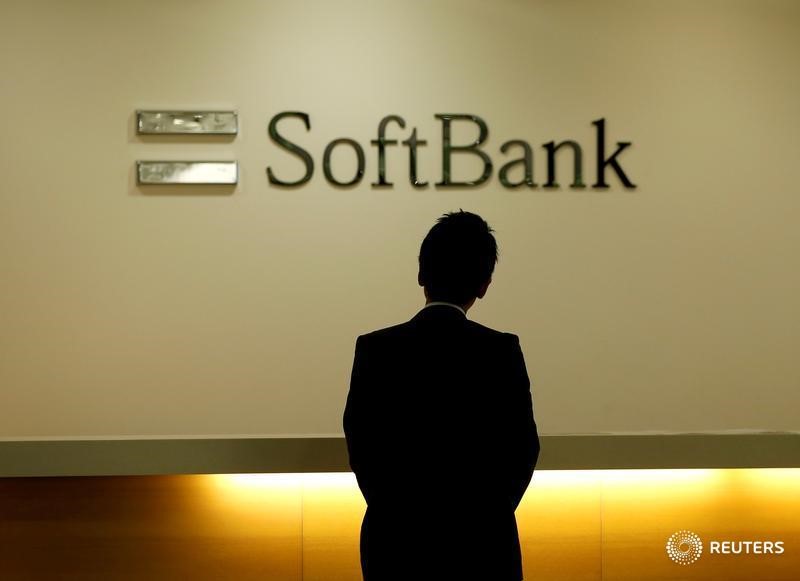This post was originally published on this site
https://i-invdn-com.akamaized.net/news/LYNXMPED4A07F_M.jpg © Reuters.
© Reuters.By Alex Ho
Investing.com – Softbank Group Corp. (T:) said on Friday that it is set to buy back as much as 7% of its shares for up to 500 billion yen ($4.8 billion).
The re-purchase will be conducted starting from next week and will run though March 15, 2021.
The move was advocated by activist investor Elliott Management, which argued SoftBank’s shares were “substantially undervalued.” Earlier this year, Elliott also urged the Japanese firm to be more transparent about its investment and make changes to its corporate governance.
Founder and CEO of SoftBank Masayoshi Son also said SoftBank’s shares may be worth more than double the current prices.
SoftBank announced a record buyback in early 2019, which sent the stocks to its highest level since 2000. The gains were wiped out later in the year over a disappointing public debut of Uber Technologies (NYSE:) and the implosion of WeWork.
The news failed to lift SoftBank’s shares, as it plunged as much as 9.2% today along with the broad market decline.
Fusion Media or anyone involved with Fusion Media will not accept any liability for loss or damage as a result of reliance on the information including data, quotes, charts and buy/sell signals contained within this website. Please be fully informed regarding the risks and costs associated with trading the financial markets, it is one of the riskiest investment forms possible.


